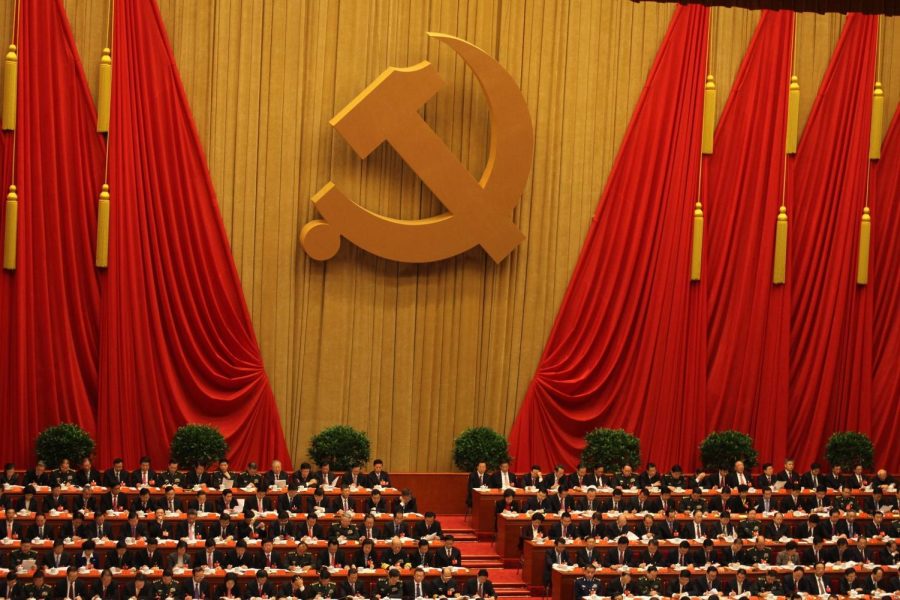China to ‘Unwaveringly Support’ Private Economy: A Brief Insight Into Chinese Privatization
October 21, 2022
Speaking at the 20th National Congress of the Chinese Communist Party, Xi Jinping vowed to support private economics, going on to affirm the market playing a decisive role in resource allocation.
We must build a high-level socialist market economic system, adhere to and improve the basic socialist economic system, unswervingly consolidate and support the public ownership system, unswervingly encourage and support the development of privately owned economy, give full play to the decisive role of the market in the allocation of resources, and give better play to the role of the government.
This party line comes as no surprise, especially considering the market reforms and thaws that came with the Deng Xiaoping premiership. Between 1997 and 2003, the Chinese state sold off nearly half of its state-owned enterprises. Beginning in the 1970s, political and technical elites formed an alliance that would culminate in a bureaucratic capitalist class with the repression of the Tiananmen Square protests. A deeper overview of race relations, migrant workers, and dissidence in China can be found here.
Like the United Kingdom during the onset of the Industrial Revolution, the Chinese government encloses vast swaths of land for urbanization, industrialization, and privatization. Unlike the United Kingdom, China’s land enclosure is much more extensive and organized in its violence.
In less than a quarter of a century, 3.4 times as much land has been enclosed in China than throughout Britain’s the 400 years of enclosures, and 7 times as much land as during the most rapid 30 years of Britain’s enclosures. Correspondingly, China’s [contemporary] enclosures involve a much larger population: 3.4 times as many peasants have been dispossessed [in contemporary China] as those in Britain at the end of its enclosures (1875, 37.5 million). More importantly, Britain’s enclosures reached their peak in about 300 years, but China’s [contemporary] enclosures peaked right at the beginning.
This process, called ‘proletarianization,’ dispossesses agricultural laborers of their means of production and subsistence, forcing them into industrial labor where they no longer control or own the tools they use, the raw materials they process, or the products they produce.
It is certain that the foreseeable future will involve China following similar methods and practicing a capitalist mode of production, although the Chinese Communist Party promises it will achieve socialism within the century.





















